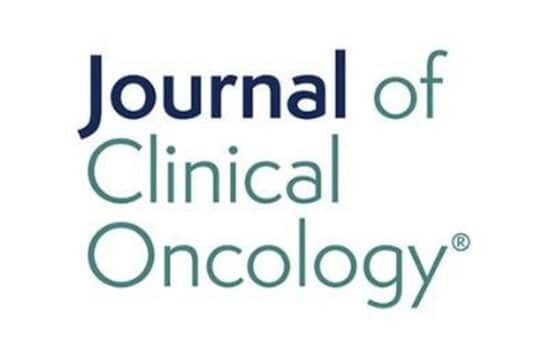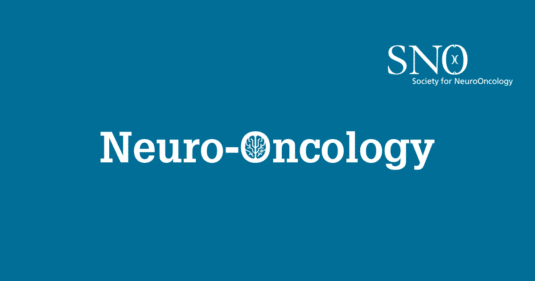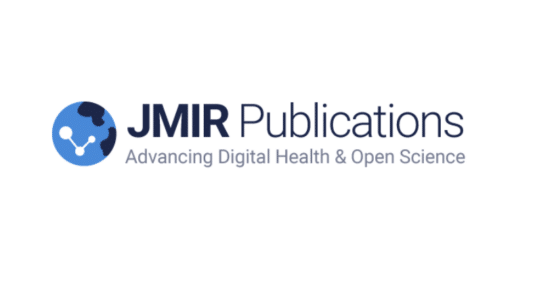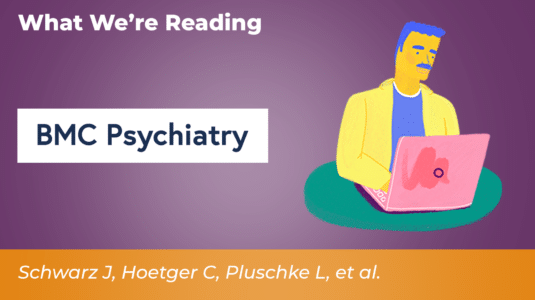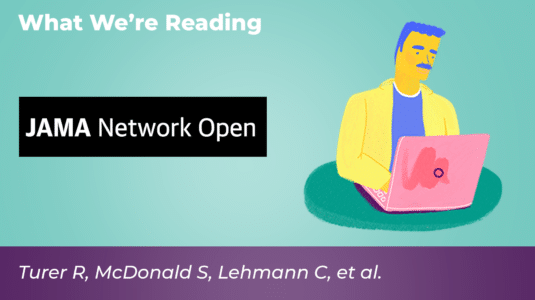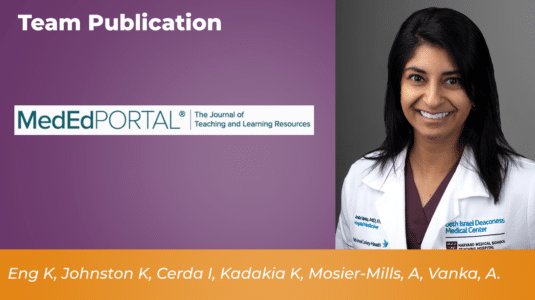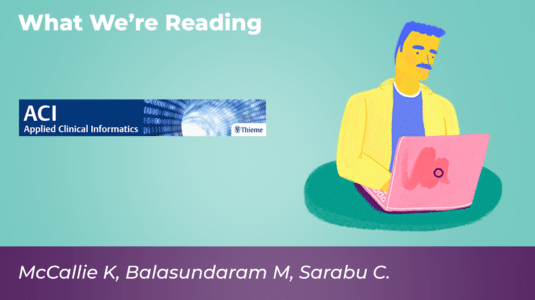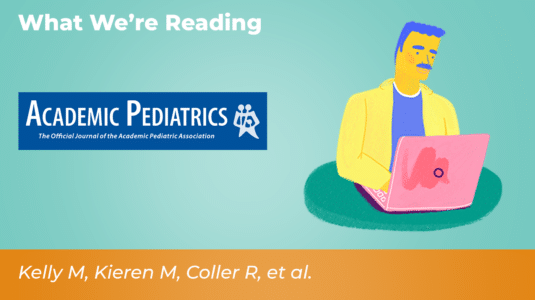This commentary explores the barriers posed by processes of consent, data exchange, and EHR interoperability that hinder how researchers honor patients’ desires to contribute to the advancement of cancer research. To grow a thriving research ecosystem, we should minimize participants’ burden and develop systems that demonstrate our commitment and respect for their wishes to contribute to cancer research.
Peer Reviewed
Gaps in the coordination of care for people living with dementia
This study examines care coordination breakdowns reported by patients living with dementia (PLWD) or their care partners. Interventions to improve communication across different care teams are needed to minimize the harmful effects of gaps in care coordination.
Identifying research priorities and essential elements of palliative care services for people facing malignant brain tumors: A participatory co-design approach
Malignant brain tumors (brain cancer) significantly affects the quality of life (QoL) of patients and their care partners, particularly in areas like cognition and communication. This study aimed to find out the top research priorities for palliative care in brain cancer using a collaborative, community-driven approach.
Patient portals fail to collect structured information about who else is involved in a person’s care
“Shared access” uses separate identity credentials to differentiate between patients and care partner portal users. EHR vendors must recognize that both patients and care partners are important users of their products and acknowledge and support the critical contributions of care partners as distinct from patients.
When bad news comes through the portal: Strengthening trust and guiding patients when they receive bad results before their clinicians
In this chapter, perspectives from a patient with cancer, an oncologist, and a cancer psychiatrist (in that order) are shared to illuminate the adjustments made in clinician-patient communication amid the era of nearly instantaneous results within the electronic health record.
Psychiatrists’ perceptions of conditions and consequences associated with the implementation of open notes: Qualitative investigation
Psychiatrists practiced in Germany where open notes have not yet been established as part of the healthcare data infrastructure. Open notes were perceived to increase transparency and patient involvement but were also believed to raise issues of stigmatization and conflicts.
Real-time electronic patient portal use among emergency department patients
These findings suggest that real-time patient portal use during ED encounters has increased over time, but disparities exist in portal access that mirror trends in portal usage more generally. Given emergency medicine’s role in caring for medically underserved patients, there are opportunities for EDs to enroll and train patients in using patient portals to promote engagement during and after their visits.
A patient-centered documentation skills curriculum for preclerkship medical students in an open notes era
We developed this session for first-year medical students within their foundational clinical skills course to place bias-free language at the forefront of how they learn to construct a medical note. While the longitudinal impact remains to be seen, it is clear patient-centered documentation skills should be an integral part of documentation education.
Family perception of OpenNotes in the neonatal intensive care unit
At the end of the NICU discharge education, completed in the patient portal before discharge, families were offered an anonymous survey on OpenNotes. To the authors’ knowledge, this is the first study on NICU families’ perceptions of OpenNotes, which indicated positive interactions with the doctors’ daily progress notes and gave important suggestions for improvement.
Pediatric open notes: Caregiver experiences since the 21st century Cures Act
While research on the impact of Open Notes in pediatric inpatient settings remains limited, recent findings have improved our understanding by adding actual caregiver experiences to the expectations identified in our initial study. As we move into this new era of transparency, we call for further investigation of the impact of note sharing on health care outcomes for children while continuing to develop strategies to mitigate challenges.
